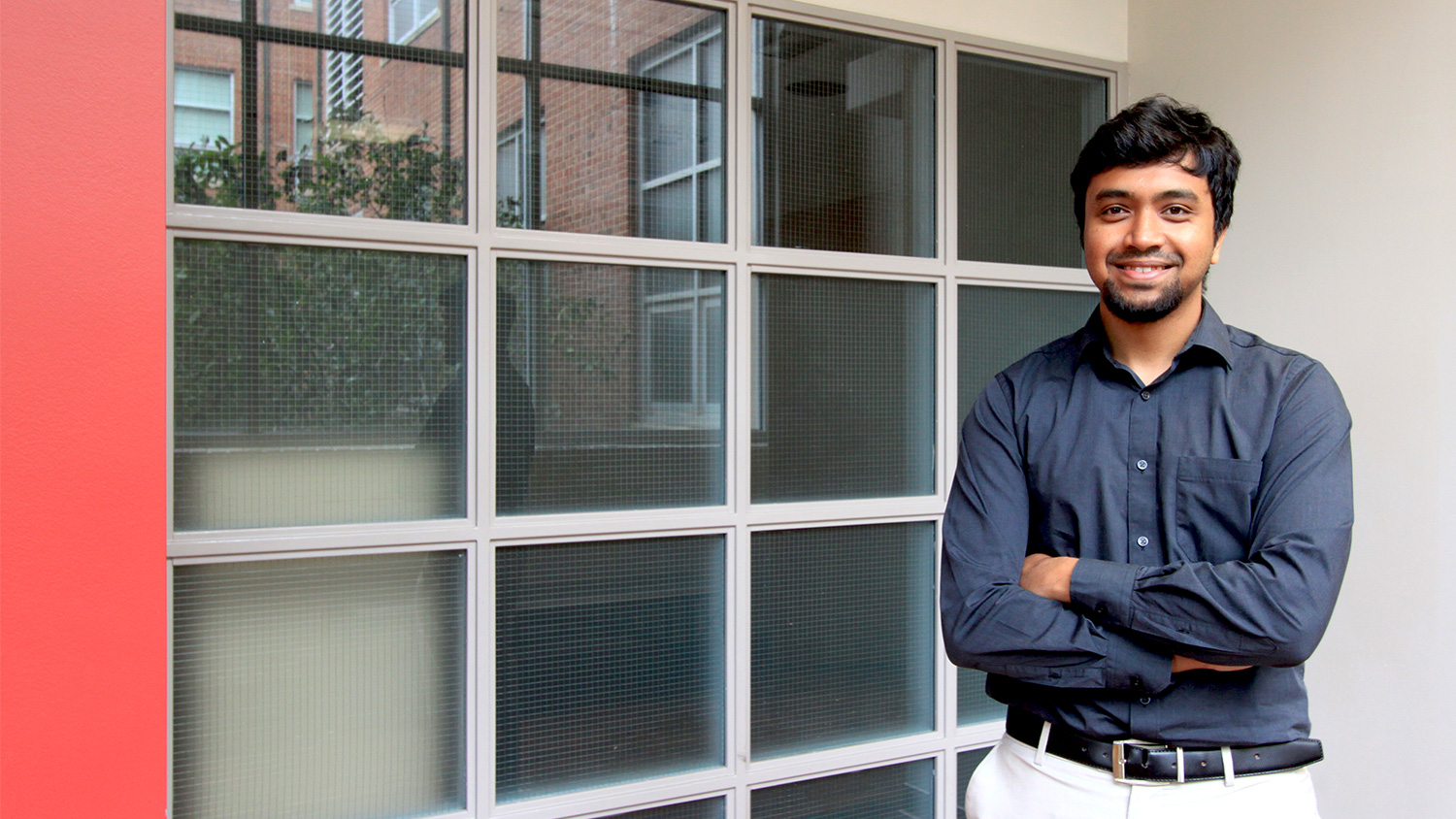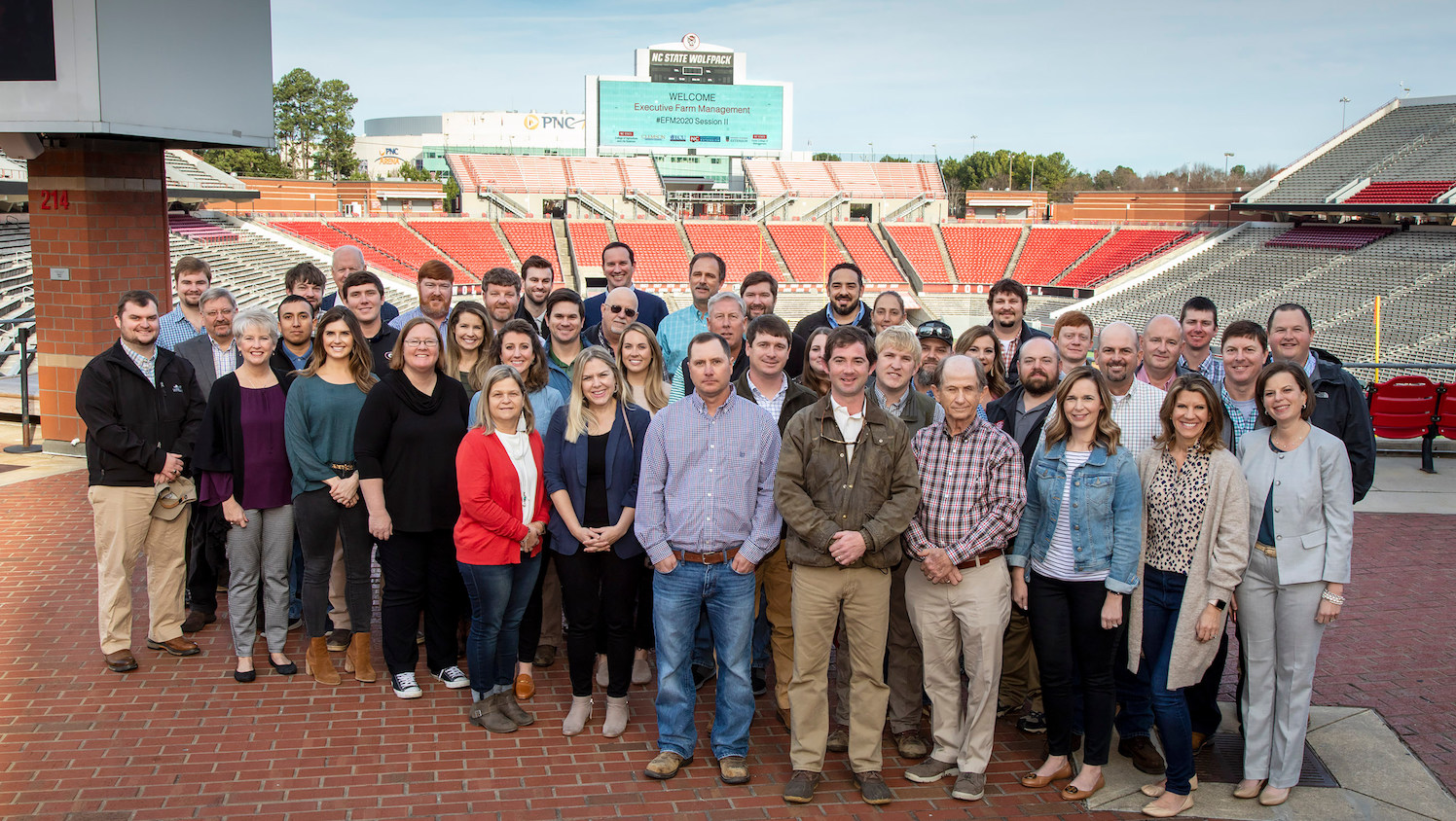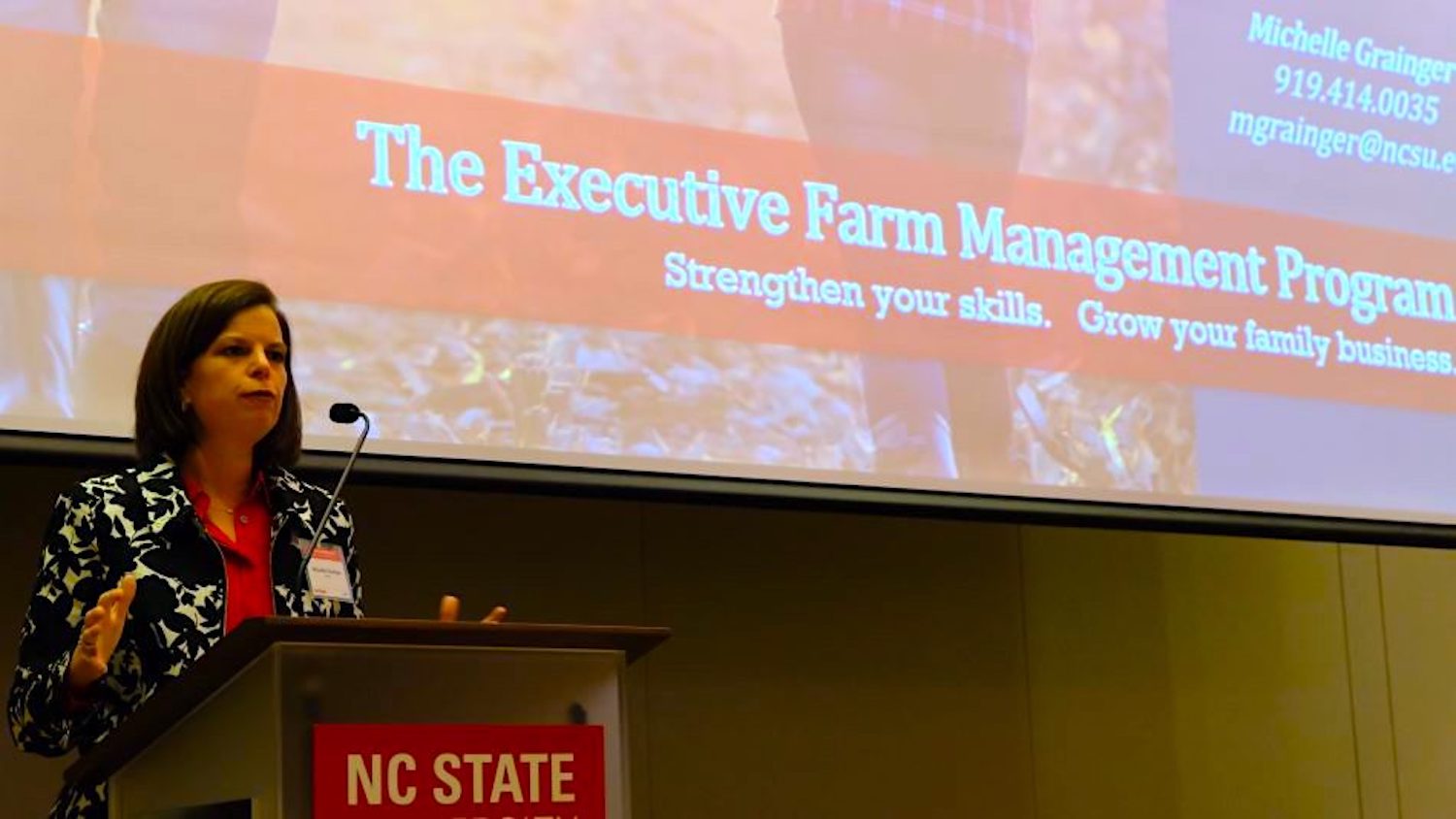Rakesh Ravi joins CIMS as Data Scientist

Rakesh Ravi recently joined the NC State Poole College of Management as data scientist and research assistant professor, based in the Center for Innovation Management Studies (CIMS), one of Poole College’s centers and initiatives.
He’s not new to the CIMS team, though.
Ravi, who grew up in Bangalore, the capital of India’s southern Karnataka state and center of the country’s high-tech industry, came to NC State University in 2014.
He said he had decided to pursue graduate studies during his fourth year working for the global software company Tecnotree in India. Ravi had joined the company after receiving his bachelor’s degree in telecommunications from the B.M.S College of Engineering in Bangalore. He found his way to NC State University on the recommendation of several friends, who were pursuing their master’s degrees in the same program that he was interested in – computer networking.
“I wanted to study further, and so I took the GRE and applied to NC State’s computer networking program (in the College of Engineer’s Computer Science Department). I was accepted and started my master’s in August of 2014,” he said.
“During my final year in the program, I reached out to Paul (Mugge) to inquire about internship opportunities,” Ravi said. He had heard about CIMS from his roommate, a graduate student in the Jenkins MBA program at Poole College.
“He knew I was looking for internship opportunities and asked me if I had heard of CIMS, saying they were looking for students with programming and data manipulation skills. I sent an email to Paul (Paul Mugge, CIMS executive director) asking if CIMS had internship opportunities. We then met face to face and I was thrilled when I was able to intern with CIMS,” Ravi said.
After graduating with his master’s, Ravi continued working with CIMS as a temporary employee before being appointed to his current role. He now is applying what he has learned in his graduate studies and experiences with CIMS and his prior employer.
“As a CIMS intern, I started working on projects that required database development and python programming, he said, adding, “I liked solving data manipulation problems for CIMS.”
For some of the CIMS projects, he used IBM Watson Content Analytics to solve complex strategic questions, and “found the work to be very interesting,” he said.
“Currently, we are developing an open source natural language processing (NLP) platform for an industry association,” Ravi said. The goal of that project is to identify “materials of interest that cause health impact or environmental impact,” he said. “Once development is complete, the association will have an early awareness system, alerting them to the materials of interest in their production pipeline,” he said.
“What excites me is the use of machine learning in this next phase of the project,” he said. “Application of machine learning to unstructured text is challenging, and so I am looking forward to it,” Ravi said.
Mugge, writing in a post on the CIMS website about this project, said: “Working with Watson, Rakesh wrote code and devised “dictionaries” that ultimately led to the successful scanning of more than a million URLS and the downloading of more than 700,000 documents.”
Mugge also noted that the data science field that Ravi is working in now “didn’t really exist when Rakesh was getting his undergraduate degree in engineering back home in Bangalore, India, and certainly wasn’t an occupation when Rakesh first discovered his love of science as a child.” He quotes Ravi as saying, about his early awareness in science, “I really liked to work on circuits … I enjoyed connecting things.” His current project with CIMS is doing that, by finding the answers to critical questions for the coatings industry:
- What “materials of interest” are used in coatings?
- Which of these materials are referenced in public forums as potentially harmful to human health?
- And which of the materials are being researched or considered for substitution?
“I am thankful to CIMS and the Poole College of Management for the opportunities that have been provided to me and I am looking forward to the product we are developing and the potential impact it can have,” he said.
Related story: CIMS-led Project Builds on IBM Watson Technology to Help Advance Sustainability in Coatings Industry


